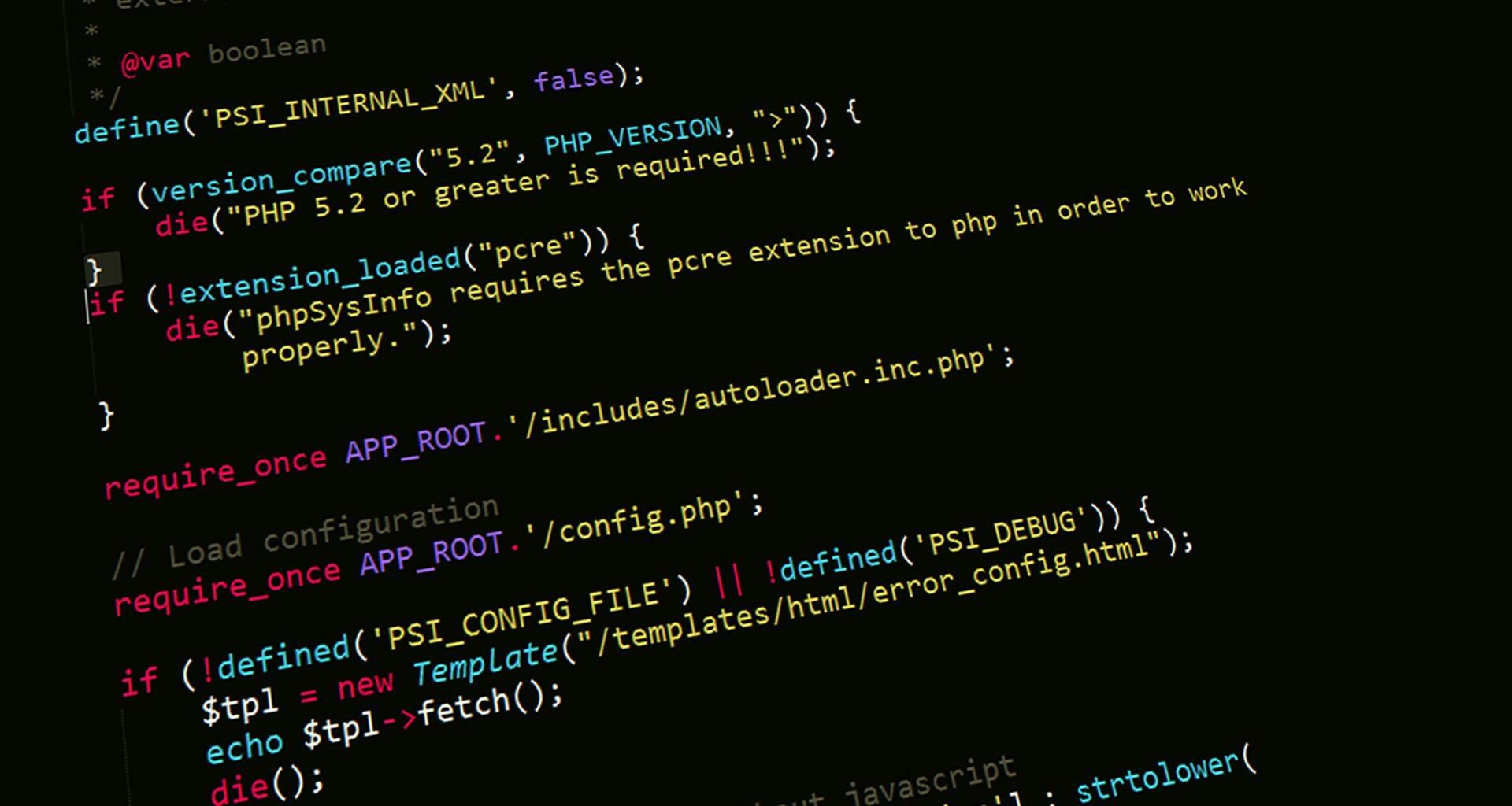Would you believe us if we told you that Python has become the most Googled programming language worldwide? Well, according to the Popularity of Programming Languages Index (PYPL) this is the truth. With a good understanding of how Python is used across a variety of roles, you’ll be able to make a more informed decision as to what career path is best suited to you and steer your career in the right direction. Python is used extensively across technology, healthcare, finance, e-commerce, and education, to name a few. Here are some of the top Python careers, which will be explored in more detail in the article:
| Job Title | Industry | Key Responsibilities | Essential Python Skills | Average UK Salary (£) |
|---|---|---|---|---|
| Data Analyst | Technology, Finance, Healthcare, E-commerce, Education | Analyze and interpret complex data sets, create visualizations, assist in business decision-making | Pandas, NumPy, Matplotlib, Seaborn, SQL, Power BI, Tableau | £30,000 - £62,000 |
| Machine Learning Engineer | AI, Finance, Healthcare, Research | Develop and optimize machine learning models, work with AI frameworks, enhance automation | Scikit-learn, TensorFlow, PyTorch, Pandas, Data Modeling | £50,000 - £80,000 |
| Web Developer | Technology, E-commerce, Media | Build and maintain web applications, develop user-friendly websites, optimize performance | Django, Flask, CherryPy, Frontend integration, Unit Testing | £35,000 - £55,000 |
| Automation Engineer | IT, Business Automation, Data Processing | Automate repetitive tasks, develop scripts for efficiency, manage large-scale operations | Scripting, Web Scraping, Automation Libraries, Data Processing | £40,000 - £45,000 |
| DevOps Engineer | Cloud Computing, IT Infrastructure, Software Development | Create automated deployment pipelines, monitor system performance, enhance cloud infrastructure | Fabric, PyWinRM, Pulumi, Cloud Automation, Performance Monitoring | £50,000 - £85,000 |

Data Analyst
You’ve likely been hearing your teachers harp on about the opportunities that lie ahead of students who pursue an education in computer programming since your earliest days of schooling. The application of programming skills can differ quite substantially from one role to the next. So, when you’re looking to get the ball rolling as a programmer, you’re not only going to want to know what language will best serve you but also what opportunities will surface as a result of the time and effort you put into levelling up your programming skills.
Many students who start out on their programming journey and further their skills with Python do so with the ambition of becoming a data analyst. This is a role that exists across countless industries, and the demand for it has seen exponential growth over the past decade. As we increasingly grow closer into the age of information, data is often the most valued resource an organisation can have. Whether a company is looking to increase its efficiency, customer understanding, or surface industry trends or enhance how it communicates ideas across organisational tiers, data is the key to enhancing these business operations.
According to UK statistics, data analyst jobs are in high demand across various sectors, with an average salary ranging from £23,000 for entry-level positions to £62,000 for experienced analysts, with the majority earning between £30,000 and £40,000.
It just turns out that Python is one of the most sought-after tools a data analyst can have in their arsenal. A substantial portion of the data analysis roles you see advertised across the UK will require competency in Python, regardless of the level of the role. This is most certainly reflected in the salary that Python developers make.
In this role, professionals work with powerful libraries like Pandas to manipulate and clean data, while Matplotlib and Seaborn come into play when it comes to creating compelling visualisations to convey information. If you think about a senior member of management who’s looking to better understand their company or the market in which they operate, they aren’t going to want to sort through endless pages of Excel spreadsheets. Python offers a far more powerful way of computing data that can then be relayed to stakeholders through the use of aesthetic graphs and charts.

While Python is without question one of, if not the most important, competencies a data analyst can possess, it’s not the only skill you’ll need to work on if you want to be successful in your career. Some other skills you’ll also need to work on developing would be SQL knowledge for database queries, gaining some experience with Power BI and being comfortable with using Tableau so that you can design some pretty dashboards to communicate information effectively.
The work you’ll do as a Data Analyst will largely revolve around cleaning and transforming data, forecasting trends, and helping with predictive modelling. So, you’re definitely going to need to have sharp attention to detail and analytical thinking so that you can play your part in improving processes and making more informed business decisions. Gaining an understanding of what a Python developer does will give you an understanding of the skills you need to develop.
Machine Learning Engineer
Machine learning is one of those buzzwords that you would have heard mentioned from time to time in conversation, not all that more than a decade ago. Fast forward to today, where it’s a talking point in most conversations you might have at home, university, and most certainly among any programmer friends. This speaks to the prevalence of machine learning in the contemporary working world, so it’s only natural that there is such a big demand for Machine learning engineers.

In this role, professionals combine data science expertise with software engineering skills to build and deploy AI solutions in various industries. You’re likely eager to know what sort of Python frameworks and skills you’d need in this sort of role.
The majority of these roles across the UK use frameworks like Scikit-learn for data modelling, Pandas for data manipulation, and advanced tools like TensorFlow and PyTorch for deep learning applications.
This should not only give you a better understanding of what the role entails, but it should also give you some direction on where to focus your development going forward if you feel like this is a job that excites you.
Now that you know the tools that machine learning engineers use in their day-to-day tasks, you’ll also want to know what exactly they are employed to accomplish. The role involves developing and optimising machine learning models for different applications, from computer vision to natural language processing. The idea of implementing algorithms that handle image detection, pattern recognition, and language processing while creating expandable and efficient solutions might sound impossible at present, but with a little experience under your belt, it will become second nature!
Machine Learning Engineers solve various challenges in healthcare, banking, finance, and real estate. If you think you’ll be prepared to work in the industry long into the future, you’ll want to erase the idea of grabbing a degree and sailing off into the sunset. The role of Machine Learning Engineers is always changing, so there is also a need to keep up with new trends and technologies. The field has grown substantially even in recent years, with more powerful modelling techniques and complex technology stacks being thrown into the mix almost by the month.

Web Developer
You might be surprised that we are only getting to the role of a web developer this late in the article, seeing as it is often the job that’s first to spring to mind when people think of programming. Python has gained substantial traction in web development and now holds 28% of the programming market share.
In the UK, web developers are considered a high-demand profession with a growing market, generating significant revenue in the web design services industry; experienced developers can earn around £55,000 annually.
They say they don’t judge me on what I say but rather on what I do. When you have a stamp of approval as industry giants such as Google and Netflix choosing Python for web development, it really conveys the benefits of the language in comparison to some of the alternatives. Its reliability and quick execution capabilities make it the preferred option for web developers who can put their time back to problem-solving instead of working on having perfect syntax with each line of code.
There are also some Python frameworks that will help simplify the development process, which, no matter what level you are at on your programming journey, is always something that’s appreciated.
You’ll likely use Django's extensive library collection, and reusable components have powered more than 12,000 known projects.

A more lightweight alternative that you’ll also see fellow programmers rave about on any online forums you might frequent for advice or solutions is CherryPy. It basically allows developers to build web applications using object-oriented programming principles.
It’s important that you know exactly what you're in for before you start working towards a career. When it comes to web development, you’ll need to run unit and integration tests to ensure that your applications work reliably. If this sounds like a process that would interest you and if you are enjoying your Python learning thus far, then these are strong indications that this is indeed the career for you.
Automation Engineer
Companies using Python are always looking for ways to gain a competitive edge over their competitors, and automating repetitive tasks has become a great way for them to operate more efficiently, saving both time and money. Automation Engineers use Python's capabilities to do exactly this, only using extensive libraries and frameworks to help these professionals create solutions that streamline operations in domains of all types, from data processing to web scraping.
According to data from the UK job market, an Automation Engineer in the United Kingdom typically earns around £45,000 per year, with the role experiencing high demand due to the growing trend of automation across industries.
Those who are successful in this sort of job almost always have strong logical thinking and a strategic approach to solving problems. So, if you fancy your ability to make quick solutions and feel that you can give careful planning of code architecture and implementation strategies, then this might be one for your shortlist of potential Python careers.
Python is widely adopted in this space for its automation capabilities, which it presents across all sorts of use cases, such as when you’re setting up emails to be sent out in large numbers or creating data backup tools. Automation engineers are actually responsible for more tools than we might realise in our daily lives. They develop the scripts that we use for online currency conversion, automated form filling on the website we might visit and transact on, and even in the profile management of our social media pages.
So, if you were curious about how you’d be using Python if you were to pursue a career as an automation engineer, now you know that the language is used for a whole lot more than just saving time. Python also helps companies and people reduce errors, improve accuracy, and maintain consistent performance 24/7. You’ll use your knowledge and experience to build reliable systems that handle tasks independently, enabling you or your employer to put your time into areas that yield a greater value or return on investment.
DevOps Engineer
Python's capabilities are largely a testament to the DevOps Engineer role becoming one of today's most sought-after positions. Success in this role requires mastery of Python libraries, which makes DevOps practises easier. A DevOps Engineer's toolkit includes Fabric for SSH command streamlining, PyWinRM for Windows server management, and Pulumi for cloud infrastructure management. These tools let professionals create automated scripts to handle daily monitoring tasks and complex deployment procedures.

But what exactly does a DevOps engineer use these tools to create? They build automated management features that cover performance monitoring, diagnostics, and failover mechanisms to keep systems running smoothly. If you see yourself as someone who has a strategic view of automation and maintenance, then this might just be the role for you.
You’ll spend a good chunk of your time creating automated pipelines to reduce manual work, a skill that is only growing in demand as time passes. In terms of the responsibilities that you can expect in this sort of job, you’d need to undergo risk evaluation for system changes while maintaining stability throughout the software development lifecycle. Find out what Python is used for at work and get a taste of its versatility as a language.
The Demand for Python in the Workplace
Python has exploded in popularity for the unique combination of advantages that come together to make the language work so well. It’s more forgiving than other computer programming languages when it comes to its syntax, allowing you to spend less time worrying about having everything textbook-perfect and more time on problem-solving. This allows companies to operate more efficiently and explains why the language has become so widely adopted across all sorts of industries.
Banks and investment firms make use of information from Python's reliable libraries like NumPy and Pandas to develop complex trading algorithms and handle large datasets. Even with all these opportunities, would you believe that the job market remains competitive due to a significant shortage of skilled Python developers?
It’s incredibly versatile, allowing you to work on all sorts of projects you might come across in the workplace, whether you pursue one of the roles mentioned in this article or not. This flexibility, combined with rapid code development, makes Python a great tool in many professional fields. Programming continues to become essential in various job roles, which strengthens Python's position in today's workplace.
Summarise with AI:















